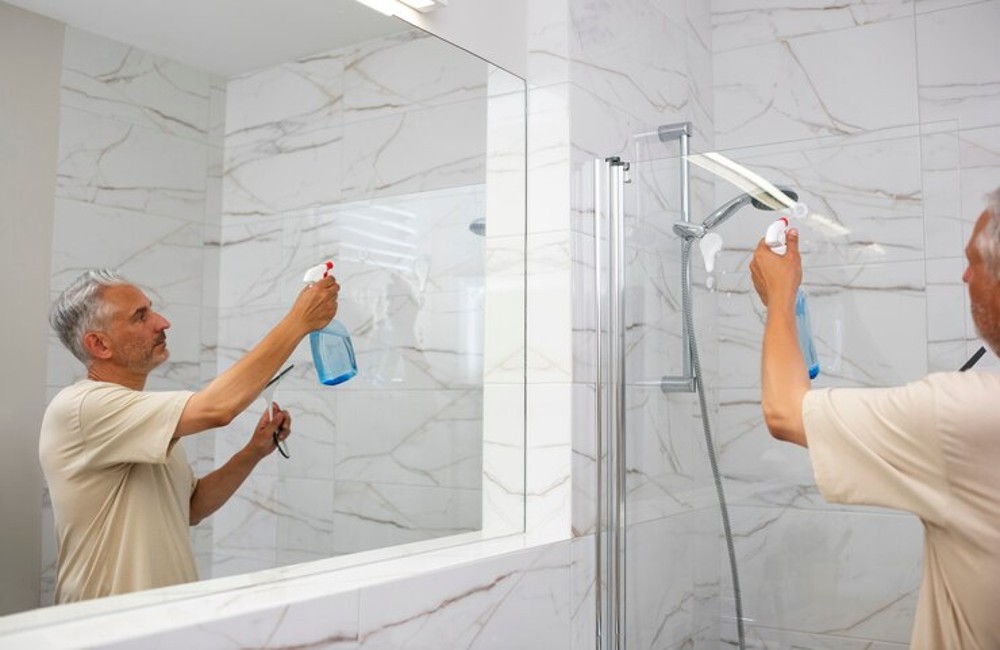
Designing and constructing a durable, long-lasting shower is an essential consideration for any bathroom remodel or new build. The shower sees heavy daily use and is exposed to moisture, making the material selection critical for both form and function. Choosing the appropriate shower materials can mean the difference between an investment that stands the test of time and one that requires frequent and costly repairs or replacement.
As a professional contractor or designer, it’s essential to understand the various shower material options and their unique properties to guide your clients towards the best solution for their needs and budget. In this comprehensive blog post, we’ll explore the key factors to consider when selecting shower materials, as well as provide recommendations for some of the most durable and high-performing options on the market.
Shower Base
The shower base, also known as the shower pan, is the foundation of your shower. It must be sturdy, waterproof, and easy to clean. Here are some popular materials:
- Acrylic: Acrylic shower bases are lightweight, durable, and resistant to cracking. They are easy to install and if cracked shower pan replacement is also very affordable.
- Fibreglass: Similar to acrylic, fibreglass is affordable and easy to install. However, it may require more maintenance over time as it can be prone to scratching and staining.
- Porcelain: Porcelain shower bases are extremely durable and offer a classic look. They are resistant to scratches and stains but can be more expensive and harder to install.
- Tile: Tile shower bases allow for customisation and a high-end look. However, they require more maintenance to keep the grout clean and free of mould.
Shower Walls
The walls of your shower need to be waterproof and resistant to mould and mildew. They also need to complement the overall design of your bathroom. Here are some top choices:
- Ceramic and Porcelain Tile: These materials are popular for their durability and variety of design options. They are resistant to water and easy to clean, but grout lines can require regular maintenance.
- Glass: Glass panels create a sleek, modern look and are easy to clean. They can be more expensive, but add a touch of luxury to your shower.
- Natural Stone: Materials like marble, granite, and slate offer a luxurious and unique look. However, they require sealing to protect against water damage, which can be expensive.
- Acrylic Panels: These are easy to install and maintain, providing a seamless look. They come in various colours and patterns to suit different tastes.
Shower Fixtures
Fixtures include shower heads, faucets, and controls. Durability and style are key considerations when choosing these components:
- Stainless Steel: Known for its durability and resistance to rust and corrosion, stainless steel is a popular choice for shower fixtures.
- Brass: Brass fixtures are durable and add a classic, elegant touch. They are resistant to corrosion and offer a timeless appeal.
- Chrome: Chrome is affordable, durable, and easy to clean. It provides a modern, shiny finish that complements various bathroom styles.
- Brushed Nickel: This material offers a contemporary look with a matte finish that resists fingerprints and water spots.
Shower Doors
Shower doors play a big role in the overall functionality and appearance of your shower. Here are some materials to consider:
- Tempered Glass: Tempered glass is strong, durable, and safe. It is resistant to shatter and provides a sleek, modern look.
- Acrylic: Acrylic doors are lightweight and less expensive than glass. They are easy to install but may not offer the same level of durability and clarity as glass.
- Frameless Glass: Frameless glass doors offer a minimalist, clean look and are easier to clean. They can be more expensive, but add a touch of luxury to your bathroom.
Grout and Sealants
Proper sealing and grouting are essential to prevent water damage and mould growth:
- Epoxy Grout: Epoxy grout is highly durable, stain-resistant, and waterproof. It is ideal for wet areas like showers but can be more challenging to work with.
- Silicone Sealant: Silicone is flexible, waterproof, and resistant to mould and mildew. It is used to seal joints and edges to prevent water from leaking into walls and floors.
Factors to Consider When Choosing Shower Materials
Moisture Resistance: Moisture resistance is critical for shower materials to withstand water and humidity exposure. Options like porcelain, ceramic, natural stone tiles, and nonporous acrylic or fibreglass are ideal choices for durability and resistance to stains and deterioration. Professionals like Shower Care can suggest a material that suits you best.
Durability: Shower materials must withstand daily wear and tear, including weight and impact. Durable options like natural stone, quartz, high-quality tile, and solid surface materials are ideal for long-lasting performance without cracking or chipping.
Cost: Consider budget when choosing shower materials: natural stone and quartz are high-end but costly, while acrylic and fibreglass offer affordability without sacrificing performance. Align choices with client budget for optimal balance of quality and cost.
Choosing the right materials for your shower is vital for creating a durable, functional, and visually appealing space. Consider factors like durability, maintenance, and design when selecting materials for the shower base, walls, fixtures, and doors. By investing in high-quality materials, you can ensure your shower will withstand the test of time and provide a comfortable and enjoyable experience for years to come.
